Northern Ireland: A Very Short Introduction (Very Short Introductions)
£7.10£8.50 (-16%)
But disagreement about the future of the province remains, and for the first time in decades one can now seriously speak of a democratic end to the Union between Northern Ireland and Great Britain as a foreseeable possibility. The Northern Ireland problem remains a fundamental issue as the United Kingdom recasts its relationship with Europe and the world. In this completely revised edition of his Very Short Introduction Marc Mulholland explores the pivotal moments in Northern Irish history – the rise of republicanism in the 1800s, Home Rule and the civil rights movement, the growth of Sinn Fein and the provisional IRA, and the DUP, before bringing the story up to date, drawing on newly available memoirs by paramilitary militants to offer previously unexplored perspectives, as well as recent work on Nothern Irish gender relations. Mulholland also includes a new chapter on the state of affairs in 21st Century Northern Ireland, considering the question of Irish unity in the light of both Brexit and the approaching anniversary of the 1921 partition, and drawing new lessons for the future.
ABOUT THE SERIES: The Very Short Introductions series from Oxford University Press contains hundreds of titles in almost every subject area. These pocket-sized books are the perfect way to get ahead in a new subject quickly. Our expert authors combine facts, analysis, perspective, new ideas, and enthusiasm to make interesting and challenging topics highly readable.
Read more
Additional information
| Publisher | 2nd edition (26 Mar. 2020), OUP Oxford |
|---|---|
| Language | English |
| Paperback | 152 pages |
| ISBN-10 | 0198825005 |
| ISBN-13 | 978-0198825005 |
| Dimensions | 17.27 x 1.02 x 10.67 cm |

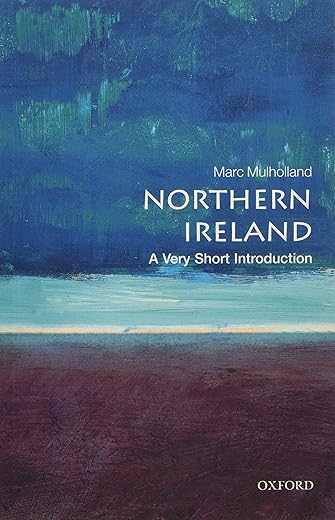
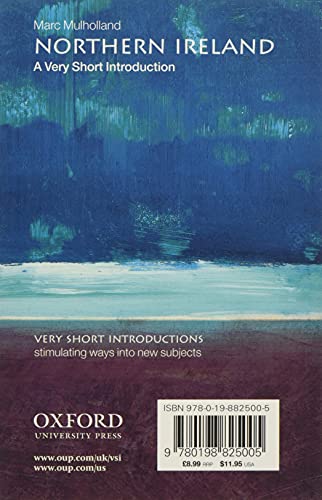



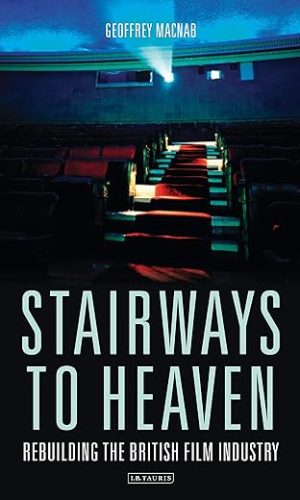


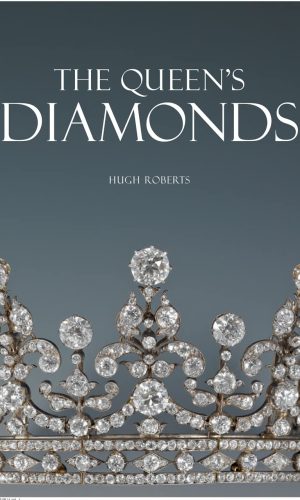
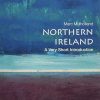
by M. F. Symmons
Great wee book to get started trying to understand the history of ‘the Troubles’.
Interesting structure which runs through the key years three times from the point of view of the established government institutions, then the paramilitaries, and then political parties. But the best part is the 2020 update to consider the effect of Brexit and the details of the Backstop negotiations.
Generally clearly and engagingly written. Only occasionally slips into verbose and overly-academic prose style.
I would have liked a unified timeline somewhere: to fix the chronology as the book rewinds its three times through the same decades. And a more guided review of where to go next alongside the references.